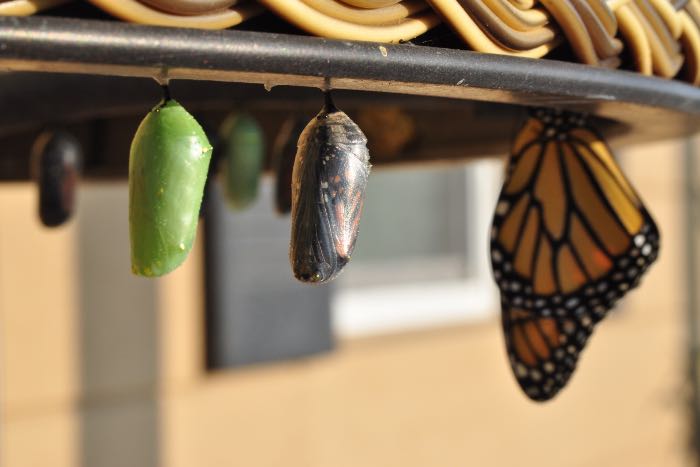
Our identity is not more important than our love.
For Sunday
Advent 2A
Collect
Merciful God, who sent your messengers the prophets to preach repentance and prepare the way for our salvation: Give us grace to heed their warnings and forsake our sins, that we may greet with joy the coming of Jesus Christ our Redeemer; who lives and reigns with you and the Holy Spirit, one God, now and for ever.
Amen.
Reading
From Matthew 3:1-12
[John the Baptizer] “Do not presume to say to yourselves, ‘We have Abraham as our ancestor’; for I tell you, God is able from these stones to raise up children to Abraham.”
Reflection
Advent reintroduces us to John, a man who baptized multitudes in the Jordan River while preaching repentance. In Luke’s gospel, we meet him at his birth and discover that he is Jesus’s cousin. In Matthew’s gospel, he is a prophet who comes from out of the wilderness.
Then, when John notices that some of the people coming to him for baptism are Pharisees and Sadducees, he seems to lose it. He yells at them, calling them snakes and asks who warned them “to flee from the wrath to come?”
As trained as many Christians have become to hate these religious leaders, we may be at least a little disturbed by John’s bit of harassment. If they’ve seen the light, why cast them back into darkness?
I suspect it isn’t quite like that.
There’s no casting out. But there is indignation at the need to vindicate the people, the masses, from what they’re used to from their own leaders.
This situation reminds me of Nicodemus, showing up at night to visit with Jesus in the third chapter of John. In one sense, we’re happy to see them come to be changed by the grace of God. And in other sense, we’re frustrated that they aren’t doing this where the other leaders can see them.
Are they truly repenting?
Then John reminds them not to rest on race, lineage, or national identity as some kind of saving grace. Because, he argues, God can make stones into children of Abraham. In other words, blood isn’t just less meaningful than we take it for. It has no meaning to God at all.
To be children of Abraham comes, not from place or people of origin. It comes from relationship to God.
These are messages that are still so disruptive to our thinking. Even as we expand our sense of community, we do so wanting lineage to matter. Our race to matter. Country or people of origin. We want these things to matter to God because we choose to make them matter to us.
This is ultimately what John rebukes. Not the people. Nothing about who they are. It is about allegiance and priority and value. What they think matters over our relationship with God and one another.
That’s what John’s baptism is into. Putting love and relationship WAY above nationalism and identity. Because that is the foundation of the Good News Jesus brings.
